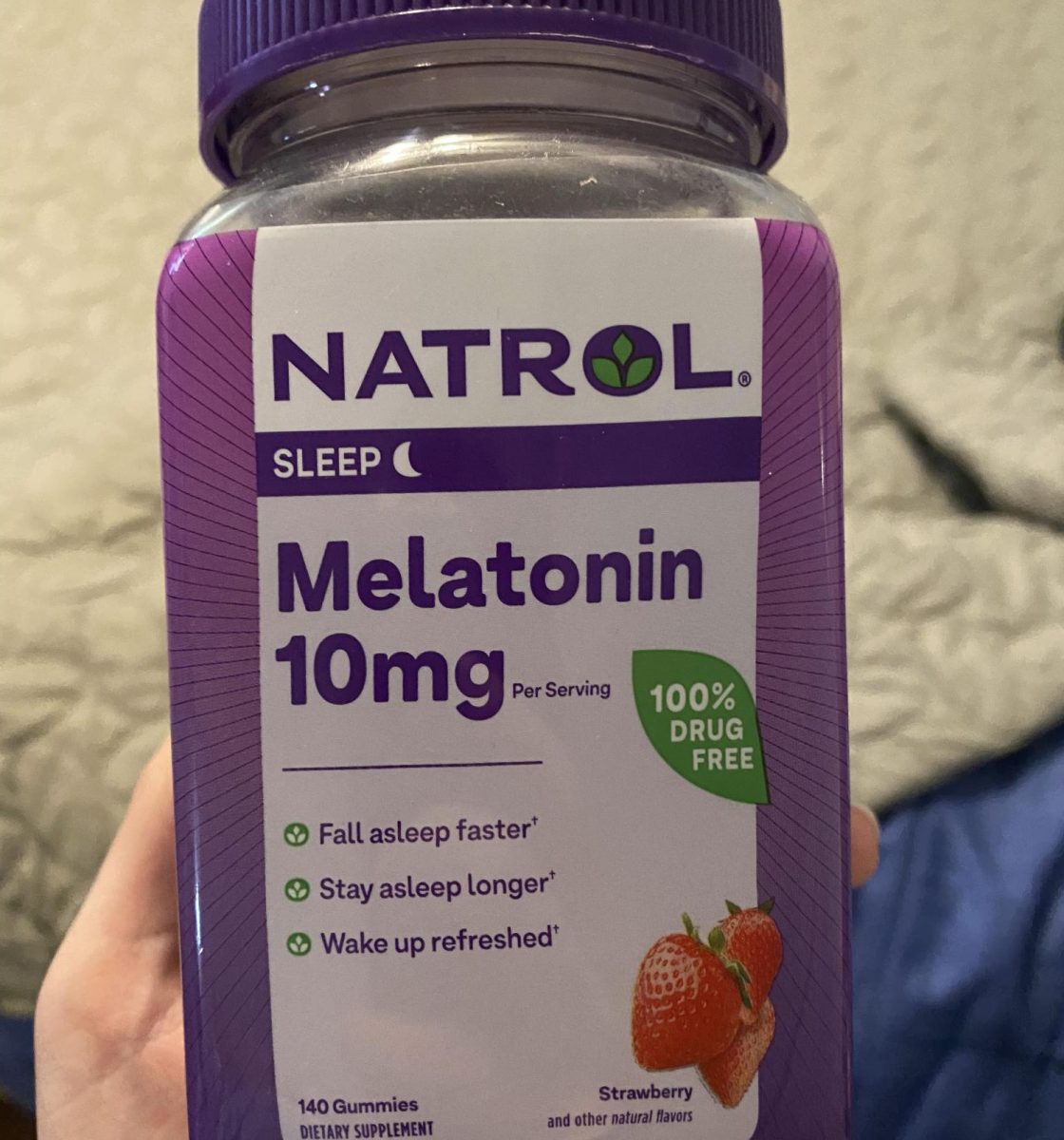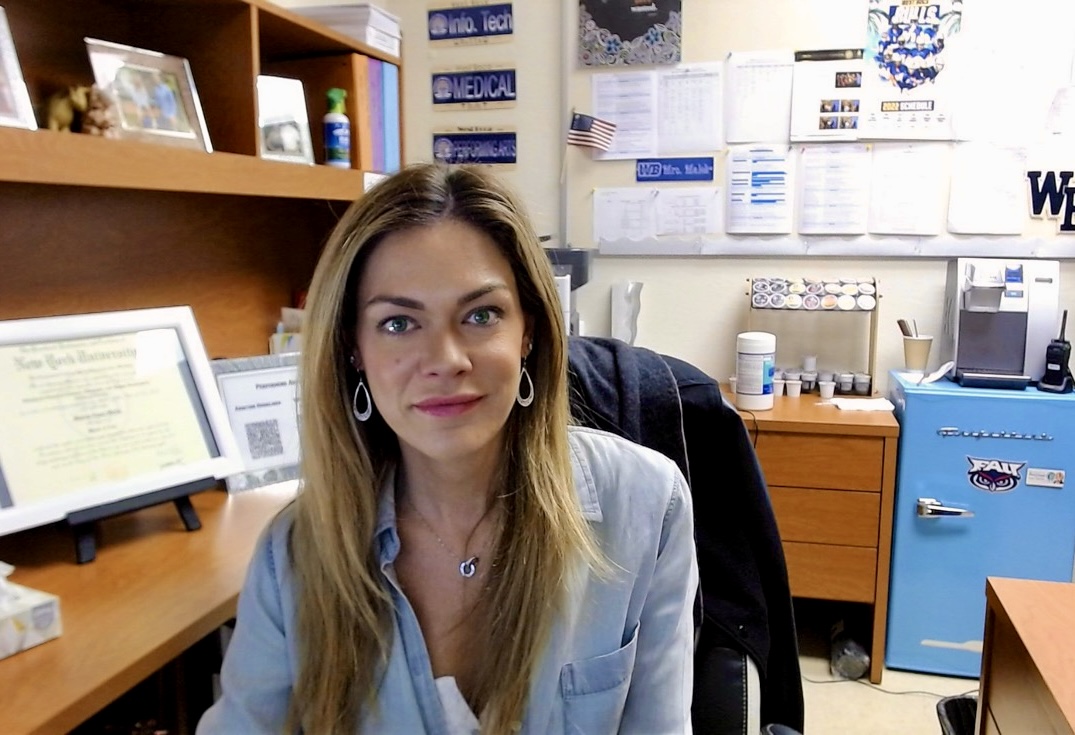Backpedaled Bills: What Failed to Pass Through Florida Legislature?
September 30, 2022
Florida Governor, Ron DeSantis, has signed just 285 bills into law- leaving a hefty 3,685 in Tallahassee. Although thousands of these bills did not pass through both chambers, they are to be expected topics of debate in future sessions so it is crucial to remain informed on these prevalent issues.
Devastating Measures for Drunk Driving
In 2022 alone, there have already been 10,360 DUI fatalities. These numbers have increased by 800 fatalities in the last 5 years, so there’s no surprise Senator Lori Berman wished to broaden the types of drugs permitted under Florida’s laws against driving under the influence. Berman was forced to withdraw this bill due to lack of assistance from criminal defense experts. This bill would’ve changed the definition of “controlled substances” to include prescription, over-the-counter, and any psychoactive drugs which can impair those behind the wheel. As of right now, people under the influence of these substances would not receive penalties as severe as those charged with DUI.
Members of the Florida Association of Criminal Defense Lawyers worry that this act would have led to unwarranted DUI arrests. They explain, taking a prescription drug with a side effect of drowsiness is not the same as drunk driving, therefore they should not receive the same repercussions. This bill could have seen more success had it exempted drivers with doctor’s prescriptions.
Monetary Value of Menstrual Products
An act requiring all K-12 schools to offer free pads and tampons in nurses’ offices and restrooms was withdrawn after it received little support to progress. Representatives Kelly Skidmore and Michael Grieco, sponsors of the Learning With Dignity Bill, say that these products are essential and should be considered the same as toilet paper and paper towels.
Skidmore hoped to advocate for girls that are forced to stay home or leave school due to a lack of access to sanitary napkins. The Florida Department of Education reports over 60% of public school students’ financial situations qualify them for free and reduced lunch, but does not take into account the other necessities they may not be able to afford.
“How do we keep our high expectations of students when we, as the adults in the room, don’t make sure they have what they need to be there and just show up?” Skidmore inquires.
The Florida Education Department is already worried about the number of students who are “chronically absent”- missing 10% or more of the school year. In the state of Florida, the number of these students is drastically greater at a maximum of 30%.
There are some concerns about funding and distribution from critics of this bill, yet Leon County school district in Tallahassee is already modeling it. They’ve installed 30 stocked dispensers for menstrual products in eight middle schools and six high schools. This cost around $14,000 which was raised and paid for by the Foundation for Leon County Schools along with community donations.
No Procedure on Property Insurance Rates
As a result of hurricane Ian hitting the West Coast of Florida, already high home insurance prices are expected to skyrocket. Additionally, escalating property values have caused some policies to go as far as double in cost. Insurance agents say this increase is simply not sustainable and creates an unaffordability for people to not only move down here, but continue living here as well.
In May, a special session was held to address property insurance because it was becoming such a critical issue. This led to the approval of a $2 billion bill which will help insurers pay hurricane damage claims and reduce lawsuits against companies. Governor DeSantis declares, “the most significant reforms to the Florida property insurance market in a generation,” were a result of this session.
Yet, it is evident this alone is not enough to resolve the issue at hand. Insurance companies are still leaving Florida in order to put pressure on their price increase because lawmakers just haven’t made significant enough reforms.
Refute Recreational Marijuana
Any proposals aimed at legalizing recreational marijuana died. Democrats pulled a doomed bill that would’ve structured how it could work in Florida- mimicking current tobacco usage laws. Dems remain bothered by the constant pattern of demonizing cannabis usage. Orlando Representative Anna Eskamani agrees, “Floridians don’t share that sentiment.” She intends to file this bill again if she wins reelection in November.
Opioid Drug Double Stall
Sarasota Senator Joe Gruters, chairman of the Florida Republican Party, hoped to regulate a drug known as Kratom- a medicinal plant containing opioid-like properties. Protecting citizens’ rights to consume this drug safely was the main goal of the Florida Kratom Consumer Protection Act. Gruters withdrew this bill as it stalled after being passed unanimously in two chambers.
Possession of kratom has already been banned in Sarasota county. This decision was cited by both the U.S. Navy and Army as they found this drug is extremely addictive and leads to symptoms such as insomnia, hallucination, anorexia, dry mouth, and confusion. However, Gruters believes this drug isn’t all bad and just wants to avoid manufacturers from mixing it with other dangerous substances. University of Florida’s College of Pharmacy is even researching kratom’s benefits. Oliver Grundmann, a clinical professor at UF has found that 95% of people taking kratom and another drug simultaneously stopped using the latter.
This protection act would’ve regulated the harvest process of this drug as well as overseen it being manufactured in order to ensure it being sold and consumed safely.
Counter Condo Safety Laws
It has been months since the South Florida Champlain Towers building collapsed in June- killing ninety-eight people. However, even this tragedy hasn’t been enough to push lawmakers to require inspections for these types of buildings. A proposal was made requiring all multi-family residential buildings (standing at three or more stories high) to have a mandatory inspection once thirty years old and then every ten years after. For buildings closer to the coast, these numbers would decrease. This bill died simply because nobody could come to an agreement about its specificities.













































